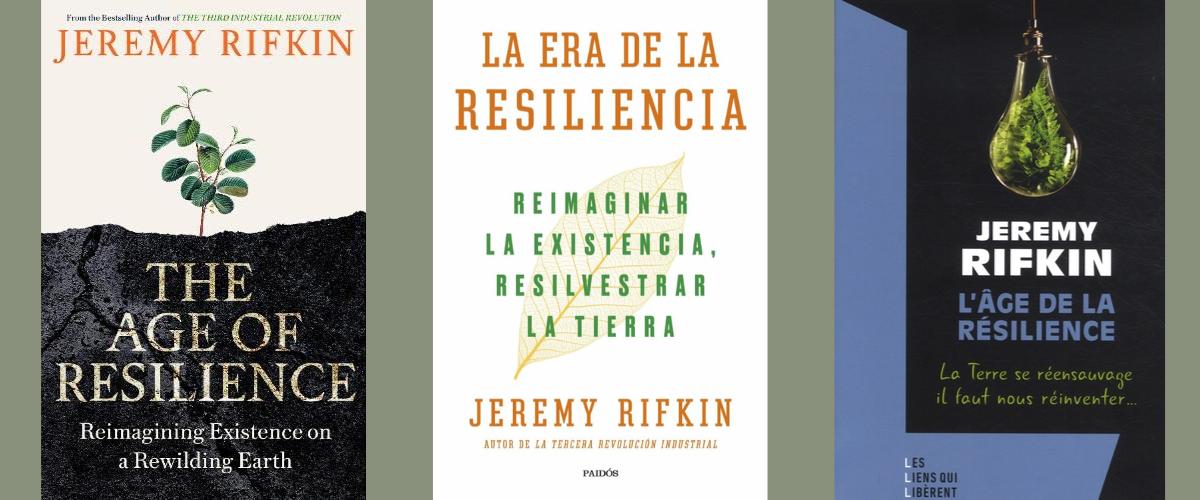Jeremy Rifkin bets on bioregions

In his latest book, "The Age of Resilience", published in November 2022, Jeremy Rifkin advocates governance based on bioregions. The well-known author of "The end of work" and "The third industrial revolution" affirms that this must be the bet "if we aspire to the survival and prosperity of our species."
The author considers the bioregion in social, psychological and biological terms: a "place to live" in which the population establishes a balance with other living beings and in harmony with the processes of the planet (seasons, meteorology, water cycles), as manifested in the territory itself. Society is deeply linked to the place and the immediate ecosystem. For this reason, their economy and their social life are tied to the co-management of their communal goods. In the bioregion, the population guarantees that the activity does not exceed the carrying capacity of the territory, ensuring its regenerative possibilities, living in accordance with seasonal and annual renewal.
Rifkin affirms that, considering that climatic disasters do not respect government jurisdictions or borders, loyalties and political identities will change. “Our identification with our ecoregion will deepen and mature in the years, decades, and centuries to come. Because our species has begun to find its way back to the natural world to which it has always been linked, regardless of whether it recognized it or ignored it.
In "The era of resilience" it is pointed out that the vast urban centers of millions of inhabitants, isolated from the natural world "is a recipe doomed to the collapse of civilization." Thus, he is committed to the rise of rural communities, along with smart intermediate cities and urban centers with populations between fifty thousand and two hundred thousand inhabitants. This move away from large cities would be "in favor of a more distributed repopulation in line with the ecosystems, accompanied by a more flexible and ecological form of governance."








































































